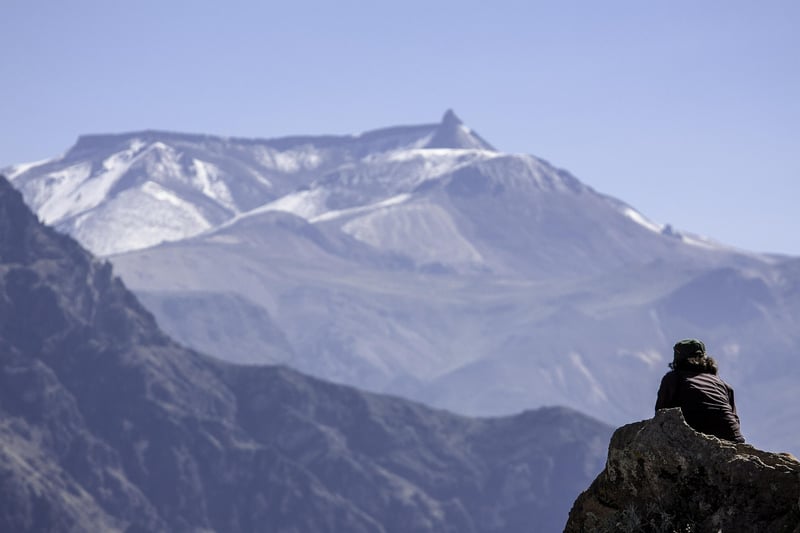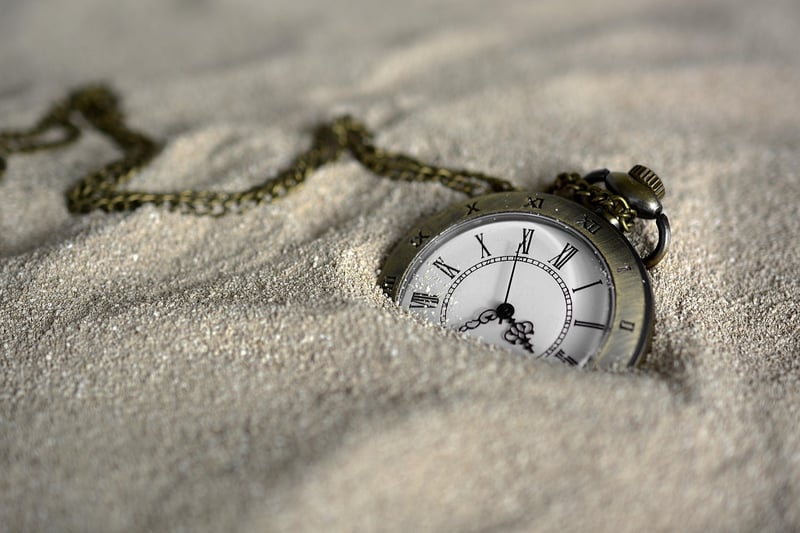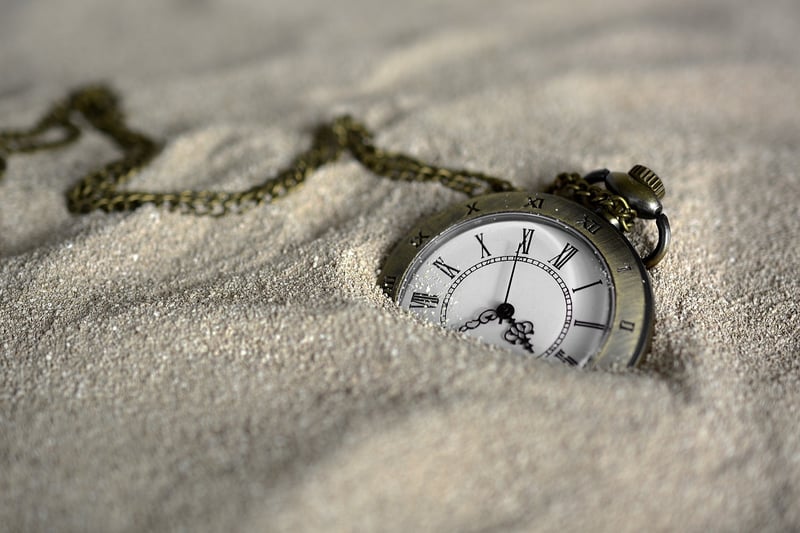Time-Hopping Pioneers
Famous Travelers and Time-Hopping Pioneers
Introduction
Exploring the world and pushing the boundaries of time have always captivated human imagination. From ancient adventurers to modern-day pioneers, famous travelers and time-hopping explorers have left an indelible mark on history. Let's delve into the fascinating stories of some of these remarkable individuals.
The Adventurers
Throughout history, adventurers have embarked on daring journeys, braving the unknown to discover new lands and cultures. Here are some of the most famous travelers:
1. Marco Polo
Marco Polo, an Italian explorer, traveled to the Far East and wrote about his experiences in "The Travels of Marco Polo," introducing Europeans to the wonders of China and Asia.

2. Ibn Battuta
Ibn Battuta, a Moroccan explorer, journeyed across Africa, Asia, and Europe in the 14th century, leaving behind detailed accounts of his travels in his work "Rihla."

The Time-Hopping Pioneers
While physical time travel remains a concept of science fiction, some individuals have used their creativity and knowledge to explore different eras and time periods. Here are some time-hopping pioneers:
1. H.G. Wells
H.G. Wells, a British author, popularized the concept of time travel in his novel "The Time Machine," taking readers on a journey to the distant future where he explored social and scientific ideas.

2. Dr. Emmett Brown
Though a fictional character from the "Back to the Future" franchise, Dr. Emmett Brown, a quirky inventor, captured audiences' imaginations with his time-traveling DeLorean, showcasing the excitement and perils of altering the past.

Conclusion
From fearless explorers to imaginative visionaries, famous travelers and time-hopping pioneers have inspired us to dream beyond current realities. Their stories remind us of the boundless possibilities that await those who dare to venture into the unknown.
Whether through physical expeditions or literary escapades, the legacy of these individuals continues to shape our perceptions of the world and time itself.
